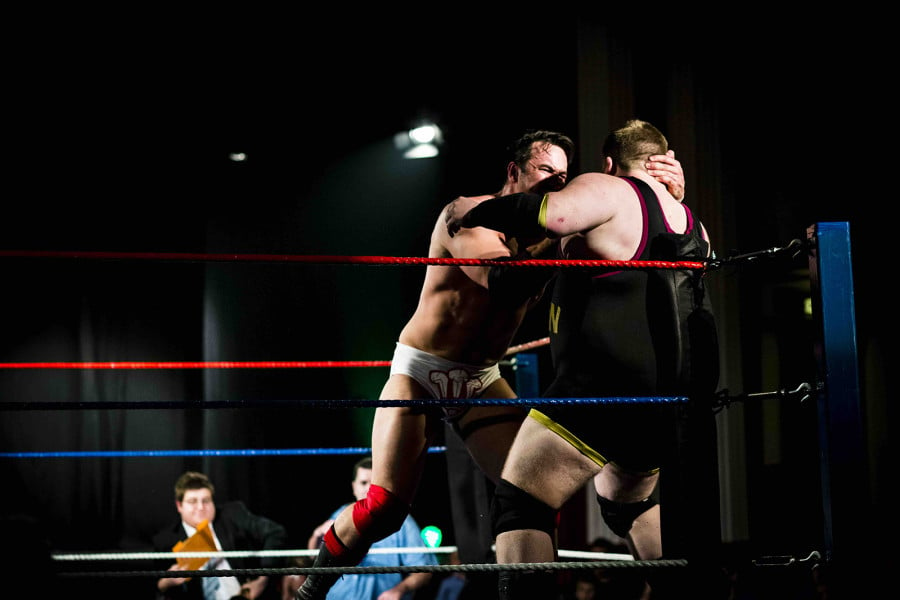Copyright in tattoos: U.S. court rules for artist in Randy Orton / WWE 2K case

A recent United States district court decision on copyright infringement has brought the issue of recreation of tattoos in video games back into the spotlight and has diverged from an earlier ruling from another district court in a different judicial circuit.
The case concerned the digital depiction of five tattoos on professional wrestler and current WWE champion, Randy Orton, in the “WWE 2K” professional wresting video game series. The plaintiff[1], tattoo artist Catherine Alexander, filed the lawsuit against the defendants (collectively, “Take-Two”), who develop the WWE 2K video game series and sought to recreate Orton’s tattoos in a digital format.
While Take-Two had obtained permission to use Orton’s likeness in the video game, Alexander claimed copyright infringement pursuant to 17 U.S.C., § 501 with respect to Orton’s tattoos, and argued that her consent to include Orton’s tattoos was required, but was not provided. Importantly, Alexander had earlier registered copyrights for each of the tattoos at issue.
Alexander filed a motion for partial summary judgment on the issue of copyrighting. Take-Two simultaneously filed its own cross-motion for summary judgment, arguing that Alexander’s copyright claim was insufficient as a matter of law, and requested that the Court dismiss the claim accordingly.
Judge Staci Yandle in the US District Court for the Southern District of Illinois (Seventh Circuit) granted Alexander’s motion, but denied Take-Two’s motion (see here[2]).
This article examines the case, looking at:
- The Copyright Act of 1976,
- The Court’s decision on summary judgment,
- The conflicting judgment in the NBA 2K case
- The position under English law
To continue reading or watching login or register here
Already a member? Sign in
Get access to all of the expert analysis and commentary at LawInSport including articles, webinars, conference videos and podcast transcripts. Find out more here.
- Tags: Copyright | Copyright Act of 1976 | Designs and Patents Act 1988 | Dispute Resolution | Intellectual Property | Tattoo | Trade Mark | United States | WWE
Related Articles
- Sport and intellectual property – the year in review 2019/20
- Football Manager & Man United - how IP connects the virtual and real football worlds
- British Gymnastics land well - lessons for governing bodies on trade mark infringement claims
- Is there trouble on the horizon for algorithms in sport?
Written by
Andrew King
Carlton Daniel
Simon Watts-Morgan
Simon is a Trainee Solicitor at Squire Patton Boggs based in London.






